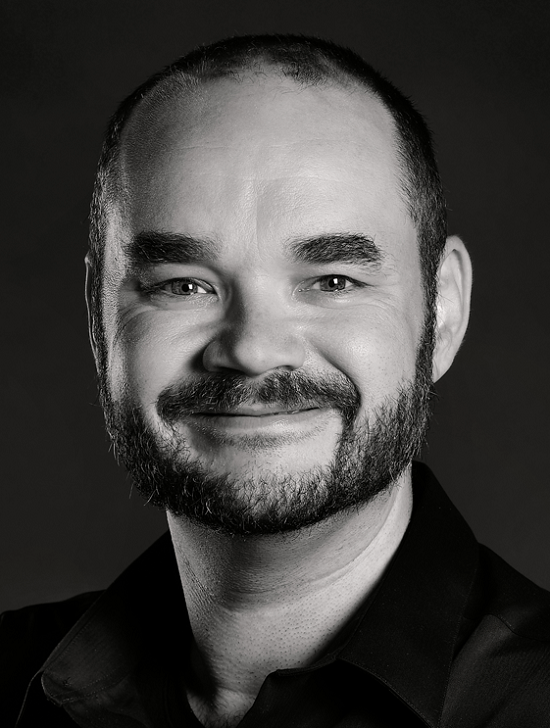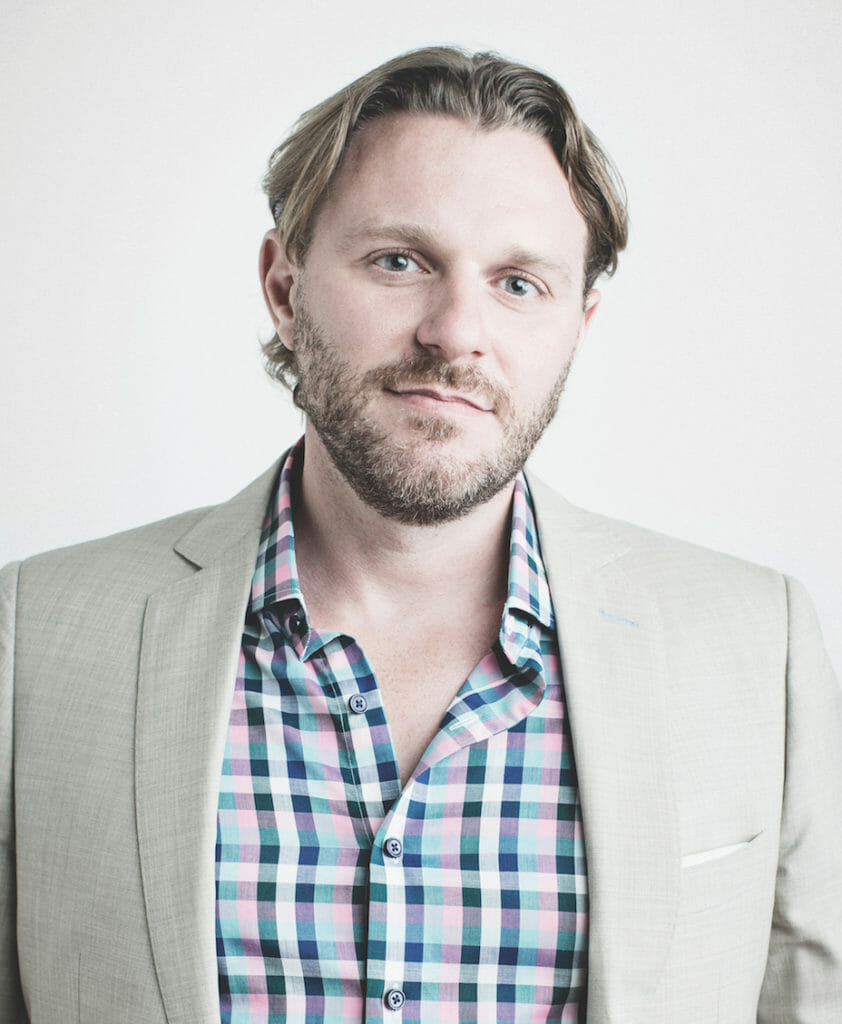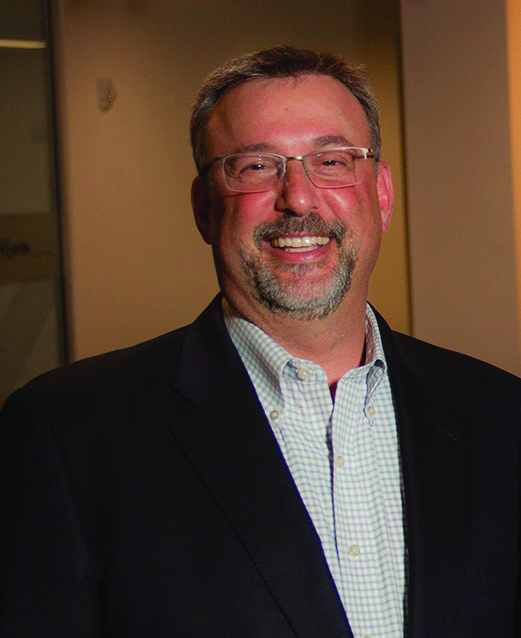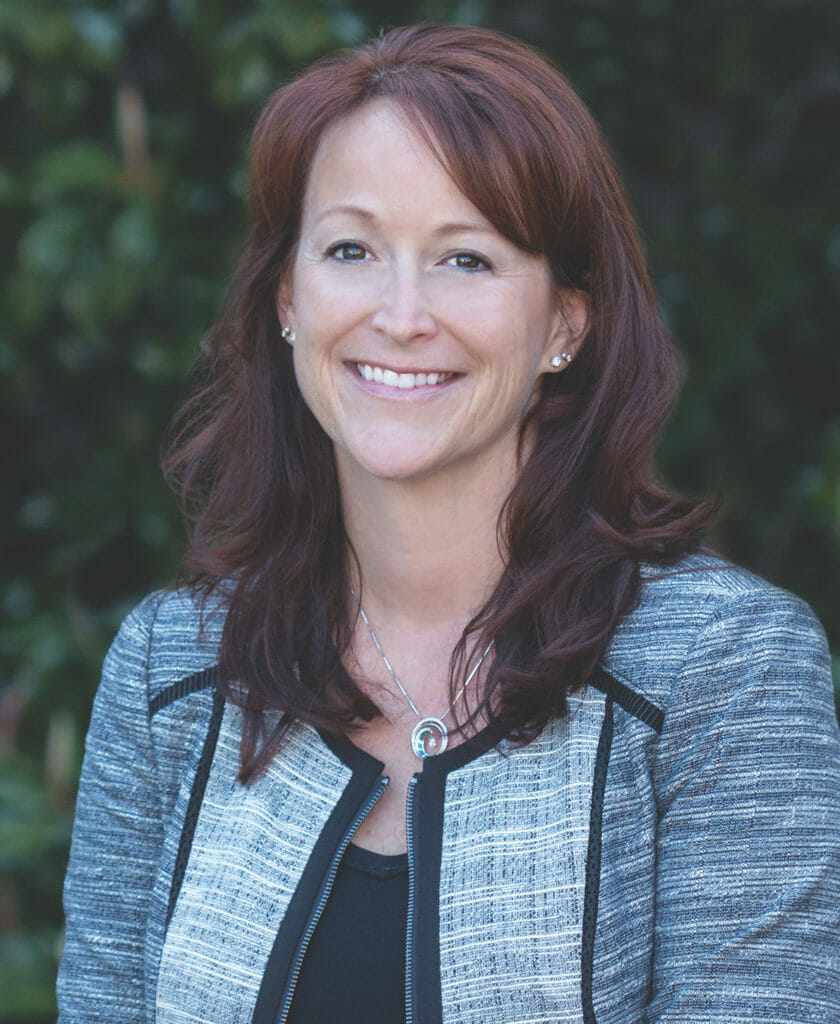Describe two ways you expect your business will be permanently changed in the wake of the COVID-19 crisis.

Chuck Hemann
Practice lead, integrated intelligence, and activation, W2O
The COVID-19 crisis is fundamentally changing the way we activate in the U.S. First, with sales reps mostly “grounded,” brands are starting to ask the hard questions about the balance between personal and non-personal promotion. The pandemic is forcing them to consider how they use data and analytics in order to more effectively (and efficiently) reach their target audiences digitally.
Second, there will be an even greater focus on digital capabilities. Marketing technology platforms such as Veeva,
Adobe Experience Manager and Sprinklr are becoming essential ways in which we can market to our audiences from our offices or our homes.
Beyond martech, we are going to see an even greater focus on things like building a proper website experience and ensuring our SEO strategy is up-to-date so that our audiences can find the content we want them to find even if we aren’t engaging with them directly.

Jose Ferreira
SVP, product and innovation, CMI/Compas
Our customers have been heavily focused on integrating and optimizing marketing across all touchpoints with more sophisticated and customer-centric solutions. COVID-19 has accelerated the trend.
It’s become critical for companies to be able to balance in-person, digital and other channels with greater speed and agility, ensuring strategies can adapt to any circumstance and channels can be turned on or off at a moment’s notice without significantly impacting business.
Social listening as a key real-time feedback loop will also become a staple leading indicator of success, especially within the context of omnichannel marketing. It will be as important or more important in some cases than traditional leading indicators we evaluate as part of all media campaigns. It’s a qualitative input that will scale considerably in the immediate future.

Ross Toohey
CEO, 2e
There are already hundreds of incremental disruptions we’re experiencing, but were I to choose two, it would be these:
We will engage with (and solicit insights from) HCPs in completely new ways. After a season without medical congresses, we’ll see marketers become extremely critical of the investment return on future meetings. Advisory boards will cease to be an expensive matchmaking exercise.
Instead, we’ll all focus on what it was we were trying to accomplish in the first place and reimagine more efficient means of engaging with HCPs on a human level.
The HCP peer-to-peer world will no longer be a tribal exercise. In the months leading up to coronavirus, we were buried in client meetings discussing an evolution in P2P strategy from the speaker program/doctor dinner model toward a digitally enabled community-building mindset. We anticipate having that conversation with all of our clients, now that the current P2P paradigm has been put on ice.

Marc Weiner
COO, Ogilvy Health
Even with continuous modernization and established remote working capabilities, if asked a month ago if we could move our entire agency to a remote working model and not miss a beat, I’d have thought you were crazy.
Seeing everyone overcome the challenges has resulted in an inspiring time of solidarity and strengthened a sense of responsibility, collaboration and commitment to clients and each other.
This new normal will surely drive more flexible working arrangements moving forward. We’ll also likely see our clients continue to shift promotional efforts across marketing and media channels as we adopt a new way of scientific comms, from live events to virtual, from traditional to innovative. We expect consumers will place an increased value on the health industry, making how our clients interact with consumers more relevant than ever — and the work we do with them more valuable as a result.

Nareda Mills
President, Ashfield Patient Solutions, U.S.
Technology and connectivity. With stay at home mandates sweeping the U.S., the need for digital interactions has increased. Fortunately, Ashfield’s proprietary configuration of patient support technologies, Trak360, has allowed us to seamlessly transition to this virtual/video interaction within our patient support programs.
Staying connected to our actively enrolled patients is critical during this uncertain time.
We’ve found that historically reluctant patients have embraced this technology and are celebrating with our clinical educators as they take those important steps toward self-management of their disease. Last week, we had a touching story of a patient receiving supplemental education over video in order to successfully self-administer their life saving IV therapy for a rare orphan disease. As patients acclimate to these new channels, we envision greater receptivity to virtual engagement once COVID-19 has been neutralized.
From the May 01, 2020 Issue of MM+M - Medical Marketing and Media







